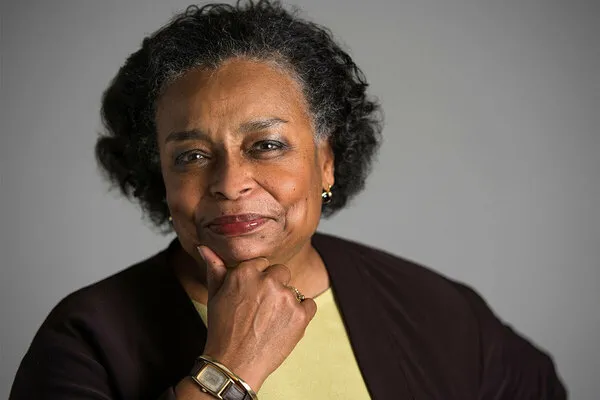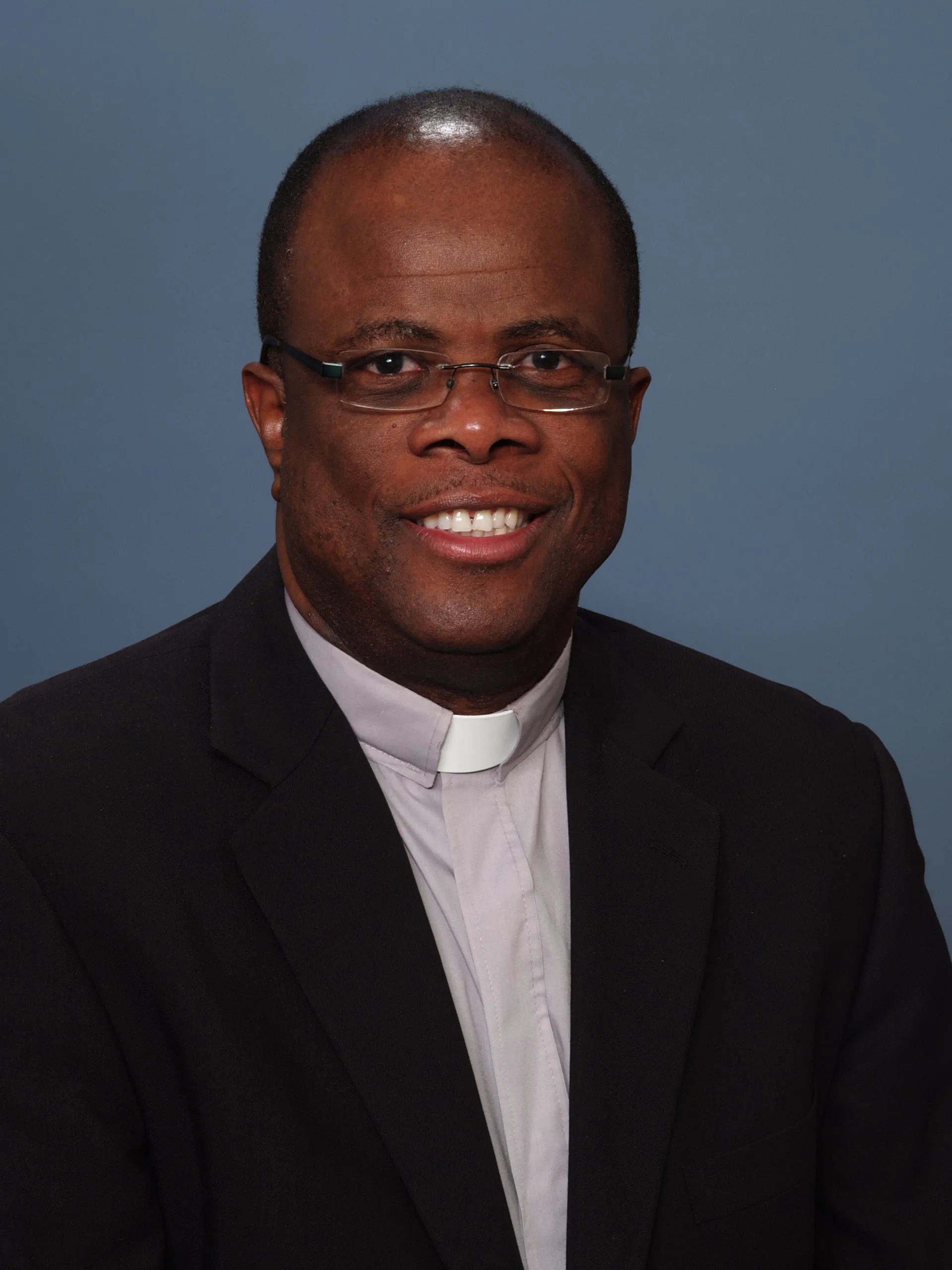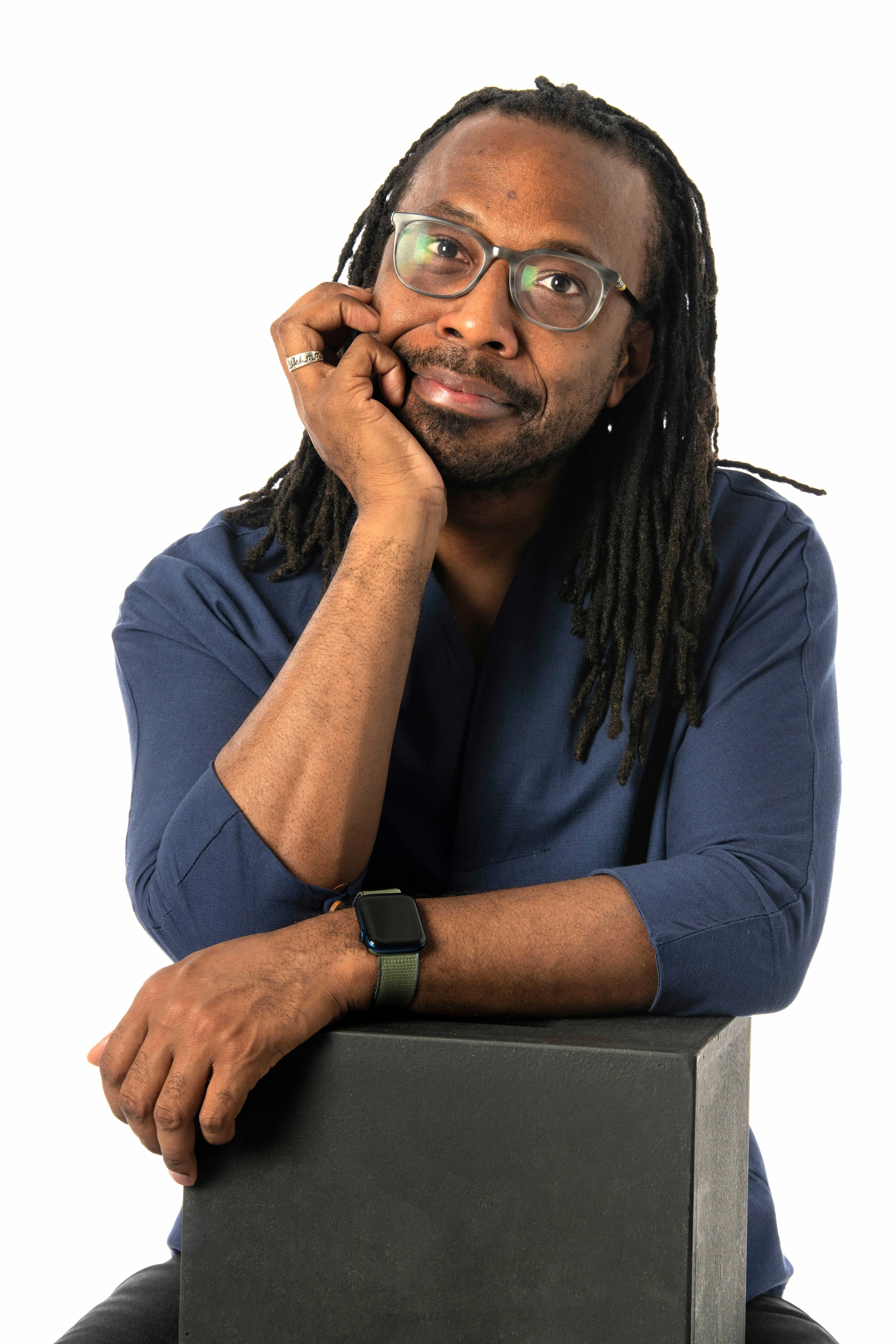
Notre Dame, Indiana, Oct 3, 2021 / 15:00 pm (CNA).
On Oct. 7, the University of Notre Dame will begin to host the 31st annual Black Catholic Theological Symposium (BCTS) on its campus. The three-day symposium will feature lectures by M. Shawn Copeland and Bishop Edward Braxton, and a Mass celebrated by Cardinal Wilton Gregory.
“This will provide a very interesting, triple approach to issues of race,” said Dianne Pinderhughes, a professor of political science and Africana studies at Notre Dame. “You have an academic, a bishop, and a cardinal—all of them African-American—coming at these issues from their perspectives. They all bring issues about the challenges associated with race that the country is going through directly to faculty, to students, and to the leadership of the university.”

The BCTS is an interdisciplinary theological society initiated in 1978 and renewed in 1991. They have met annually since 1991 to provide a forum for Black Catholics to foster an ethical community of scholarly dialogue.
In the two years since the symposium’s last convening in the fall of 2019, “a lot of things have happened that need attention from a place like Notre Dame, from an institution like the Catholic Church,” said Father Paulinus Odozor, C.S.Sp., who has been a professor of theology at Notre Dame since 1999.
“These are very serious thinkers,” Father Odozor said. “A lot of other voices from our African-American community—from the secular community—have been saying things, but we have not, over this period of time, had this concentrated situation where we could bring people who are speaking decidedly, openly from the Catholic perspective on this matter.”

The symposium, which is co-sponsored by the Department of Africana Studies and the Department of Theology at Notre Dame, will also include two days of private meetings for BCTS members to share working papers, and a listening session to hear about the experiences of local Black Catholics in Notre Dame.
The public events are an opportunity for the BCTS to be “engaged with the local university and local community, as well as, hopefully the national community,” said Eric T. Styles, rector of Notre Dame’s Carroll Hall and one of the main organizers of the symposium. The private events, he said, are a chance for the attending theologians and scholars to build community and support one another.
“Each of these things is about making space for African American Catholics on campus,” Styles said. “If this is the preeminent institution for American Catholics, Black Catholics have to be able to see themselves in this place, and to feel like this is a destination for them.”

On Oct. 8, Bishop Braxton, who served as Bishop of Belleville from 2005 until 2020, will deliver a lecture titled “The Catholic Church and the Racial Divide in the United States,” which will examine the reasons why the racial divide persists in the U.S. and in the Catholic Church, he said. He also will share the reasons he believes the divide “will not be successfully bridged in the near future,” he said.
“The racial divide began when the first free men and women of color were brought in chains from West Africa to the United States in 1619 to provide ‘free’ laborers to maintain the economy by working as ‘beasts of burden’ on sugar, tobacco, and cotton plantations,” Bishop Braxton said. “The racial divide is apparent to this day in the systemic and systematic treatment by many of People of Color as inferior and undeserving in this country.”
“This leaves them at a disadvantage when they seek a good education, meaningful employment, decent housing and health care, and every other form of social advancement and benefits,” he said. “All of these instances of the racial divide are examples of racism.”

Bishop Braxton said that while he believes that most Americans and most Catholics “are probably not racist,” in his understanding of the word, “it is possible for someone to live with unconscious or a barely conscious awareness that they harbor biases, prejudice, and stereotypes that influence their attitudes towards people of different races, nationalities, religion, sexual orientations and the like.”
“These attitudes, this moral fault becomes racism, which is a moral evil and a grave sin, when individuals and groups allow these biases to lead them to think they are objectively superior to all members of the group in question,” he said.
Bishop Braxton said that universities are responsible for “contributing [to] the process of pushing back the horizons of ignorance by planting seeds that, over time, may contribute to the kind of interior personal transformation and moral conversion that is essential if there is to be any hope of overcoming the racial divide.”
The final public event will be the celebration of Mass by Cardinal Gregory of Washington. The Mass will include African American music, and vestments commissioned specifically for the BCTS.
“This more than just issues around discrimination—those are important, absolutely—but it’s also simply praying together in a distinctive cultural idiom,” said Styles. “Bringing together, seeing one another, reverencing one another, and, and believing that God is already present in that community, and in this community—it’s important for my students to experience that.”
All three public events are free and no tickets are required to attend. They will also be livestreamed on Notre Dame’s Department of Theology website.
“I hope [the BCTS] opens the doors to many other things, not only for the Black community, but for the Latino community, and various Asian American populations that are served and are part of our Church,” Styles said. “‘Catholic’ means ‘universal,’ so we need to be able to see varying cultural ways of celebrating that faith that we value so much.”
If you value the news and views Catholic World Report provides, please consider donating to support our efforts. Your contribution will help us continue to make CWR available to all readers worldwide for free, without a subscription. Thank you for your generosity!
Click here for more information on donating to CWR. Click here to sign up for our newsletter.





Leave a Reply